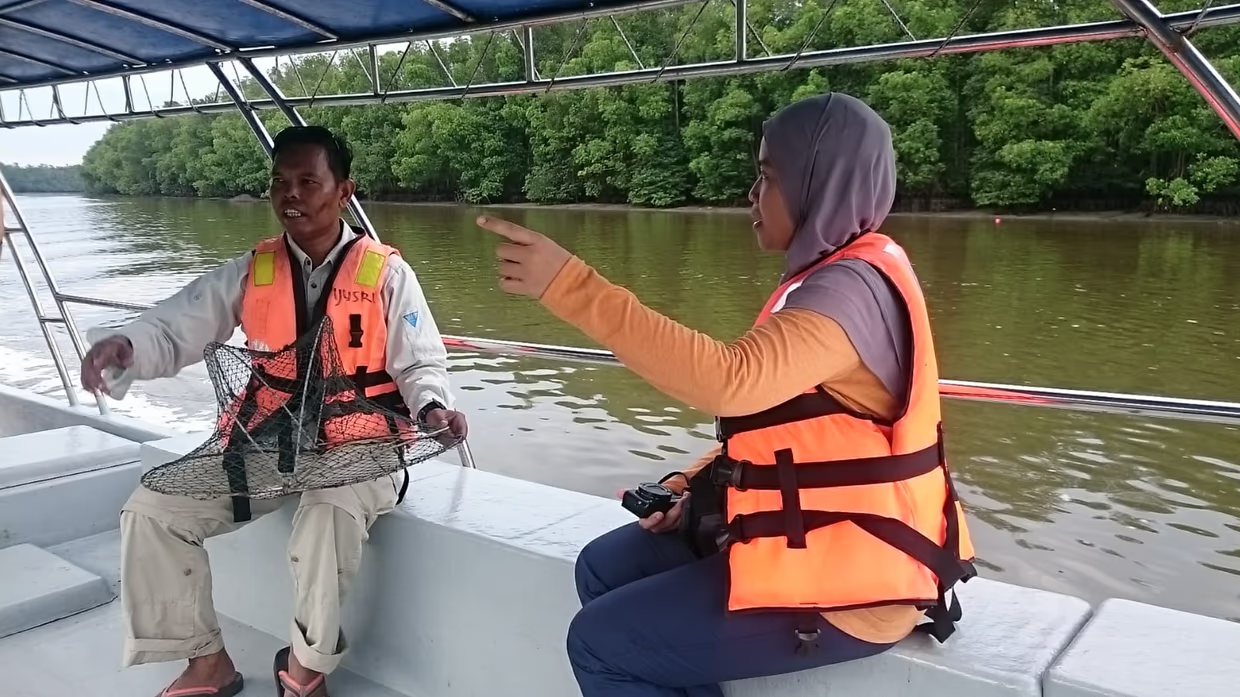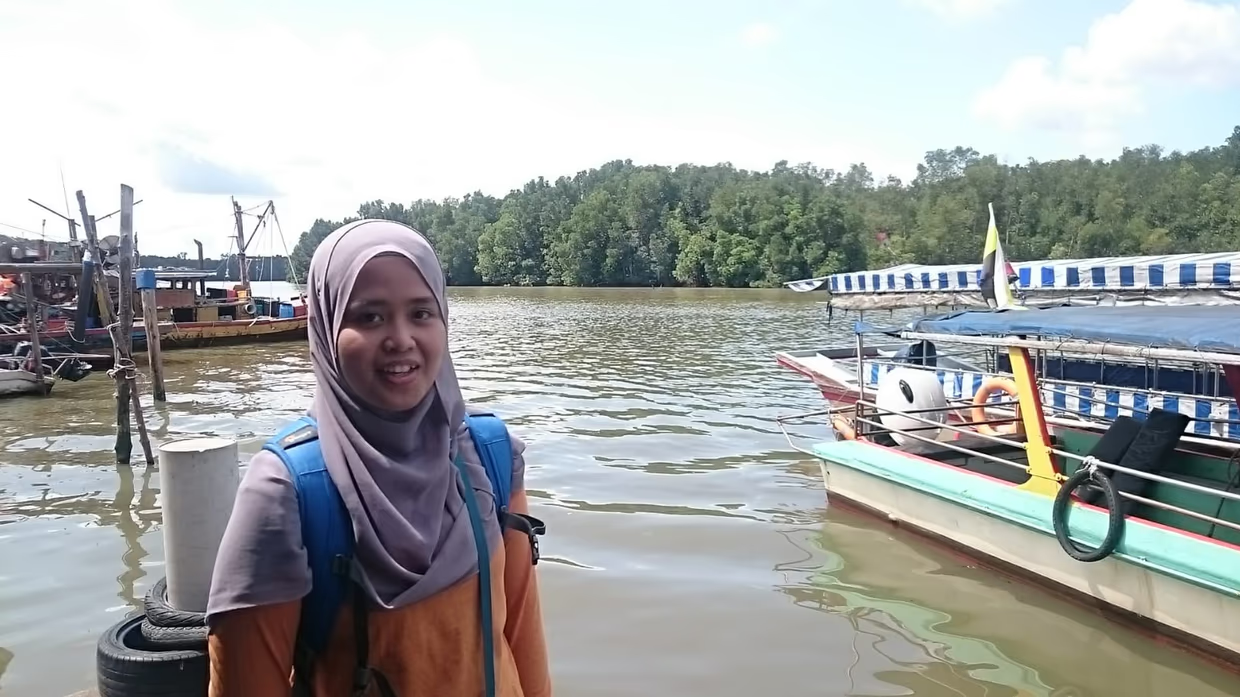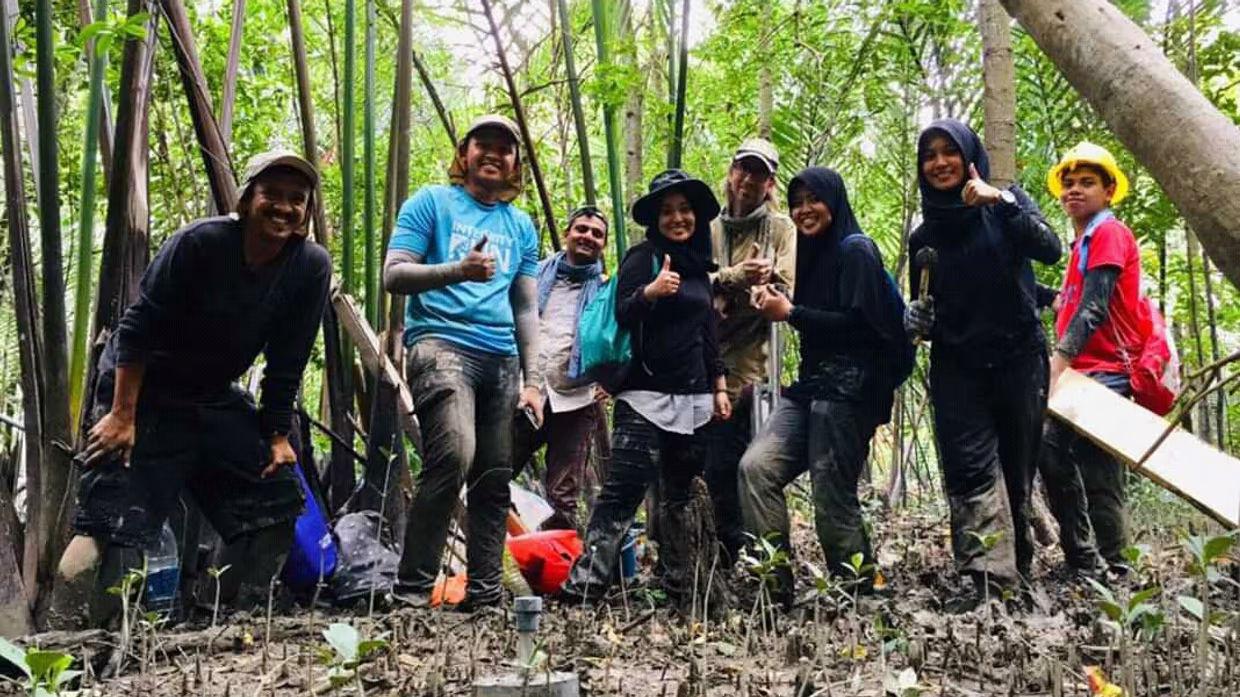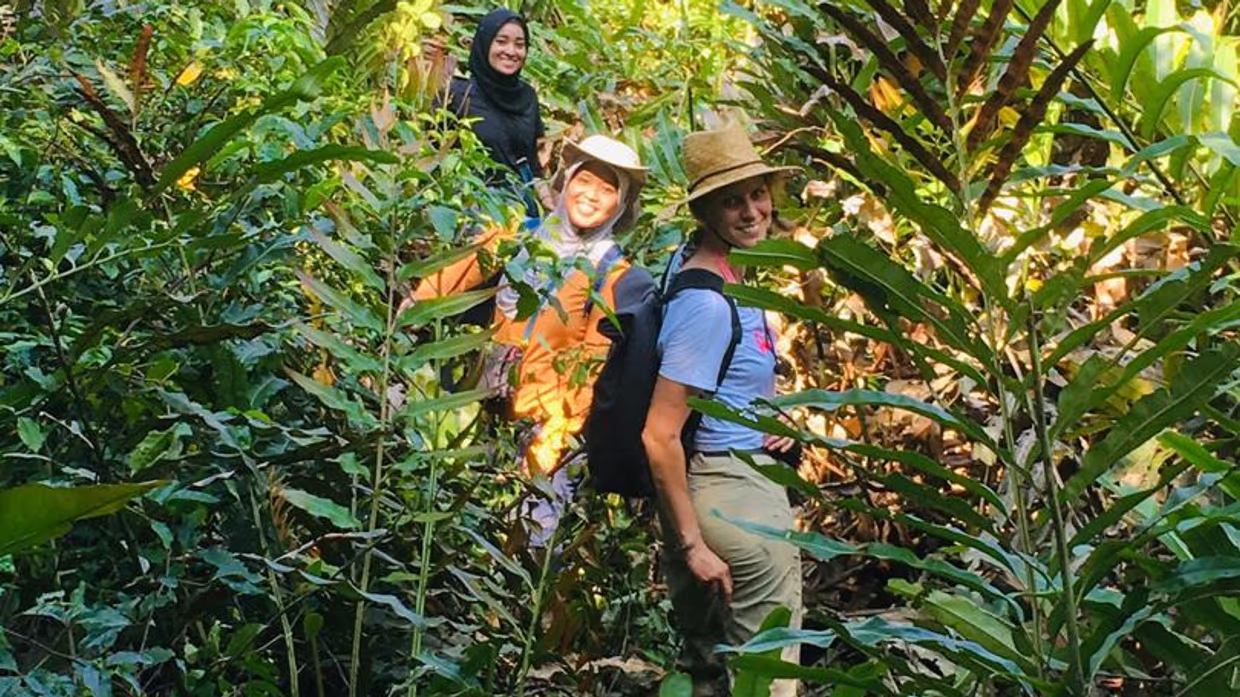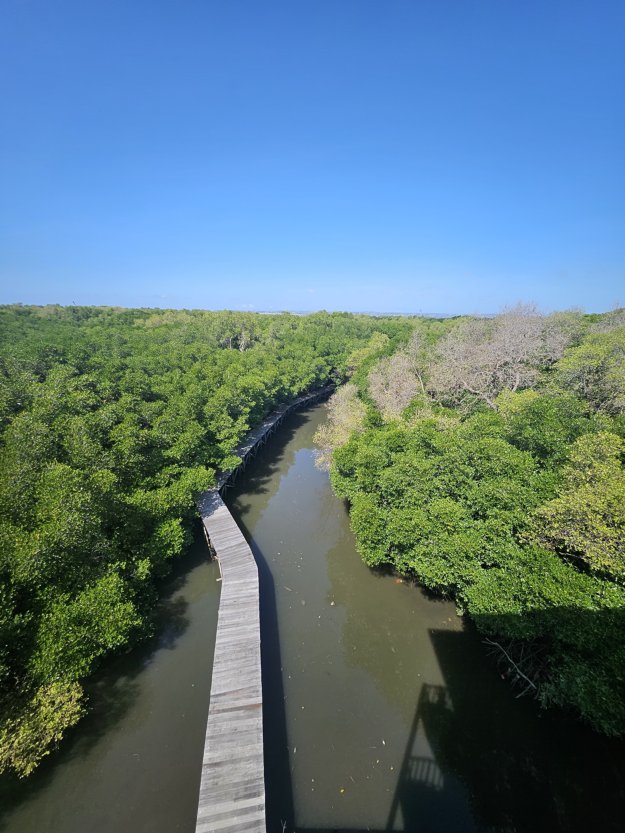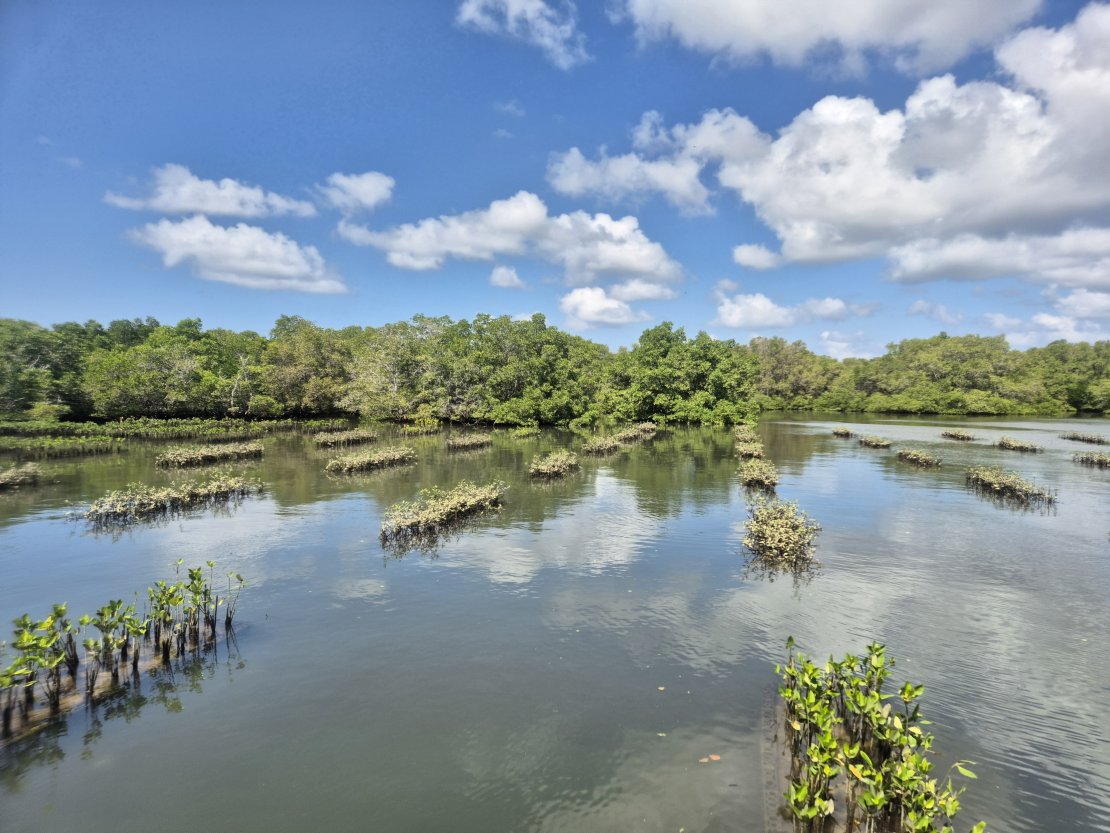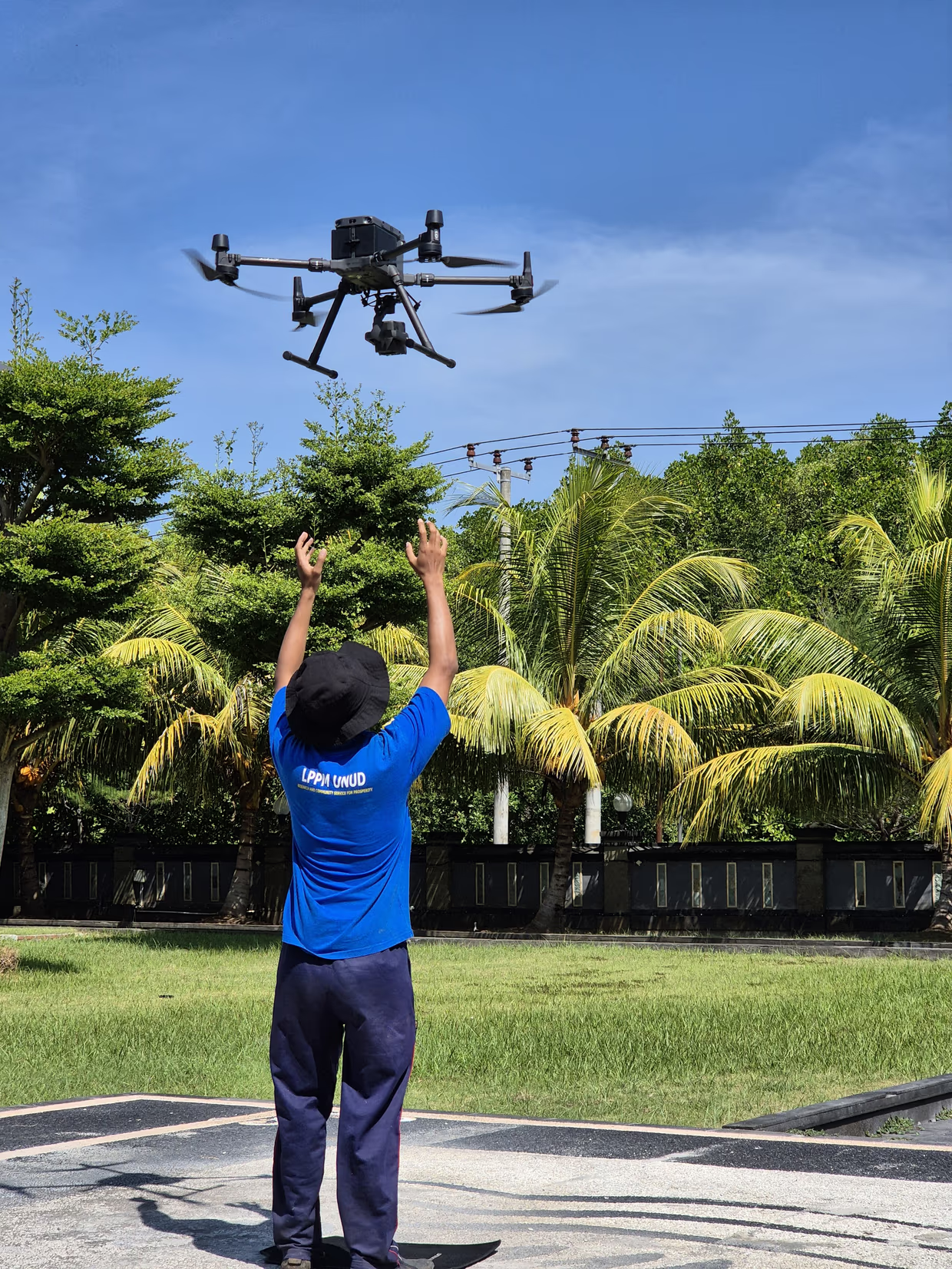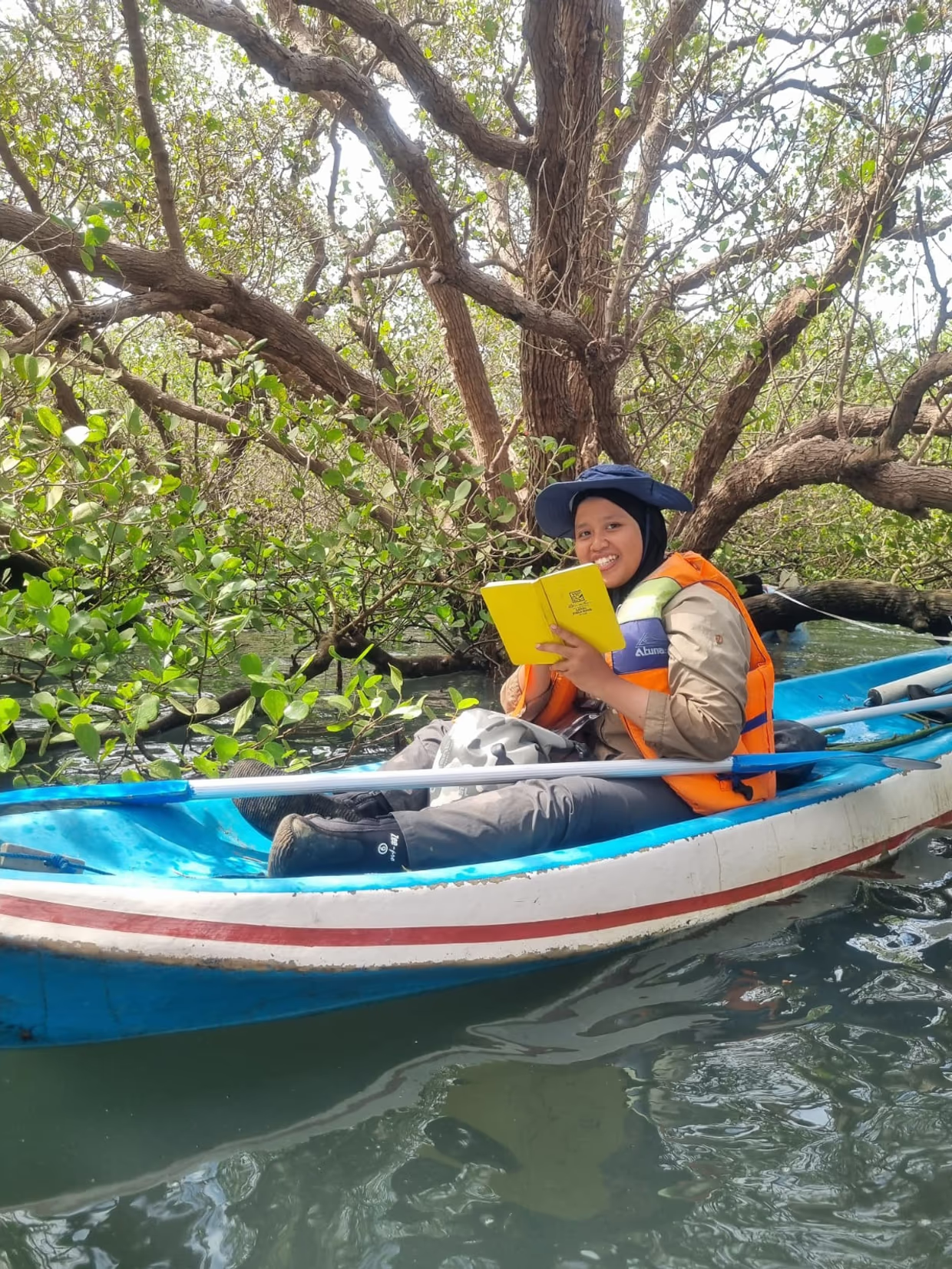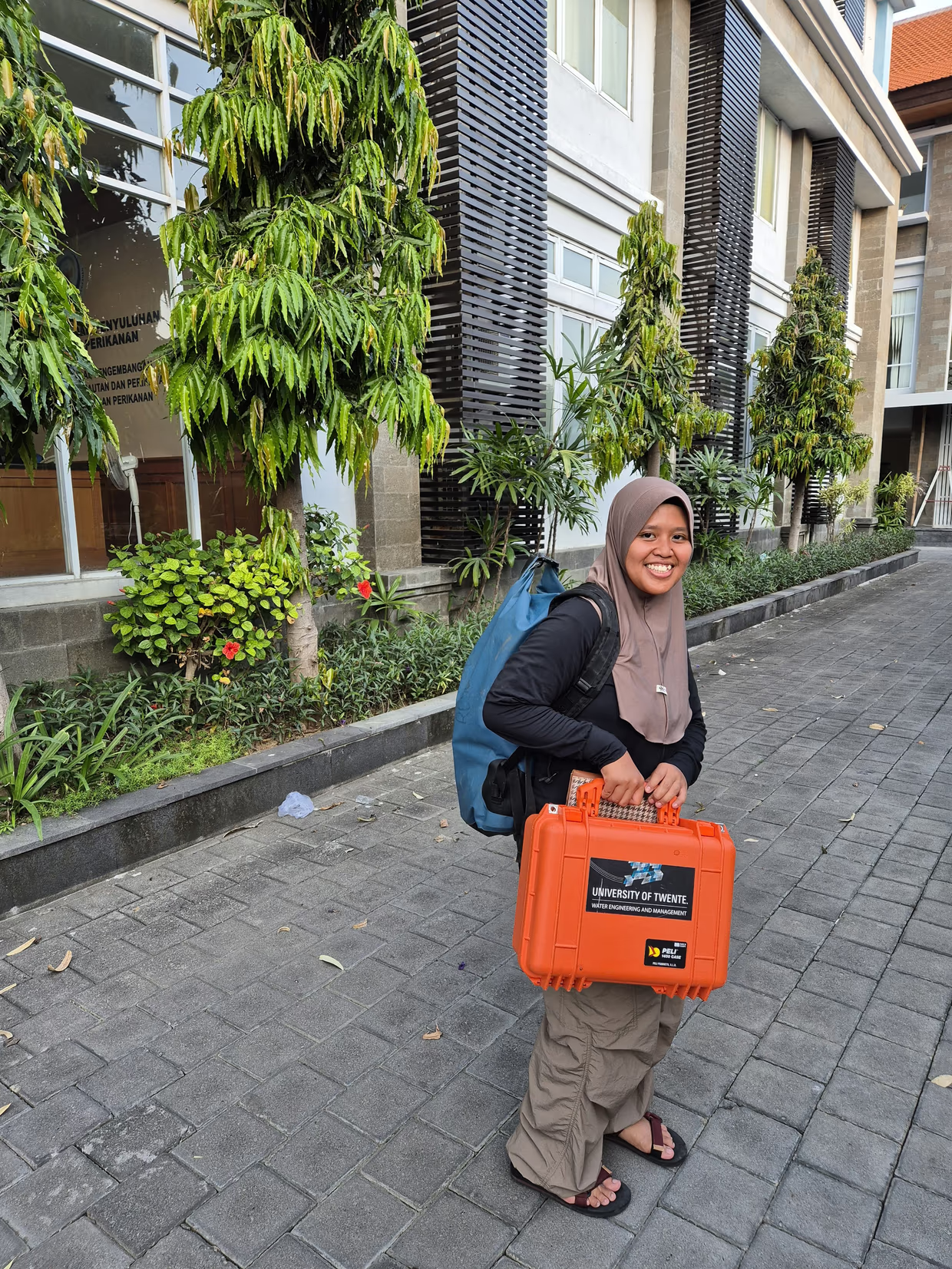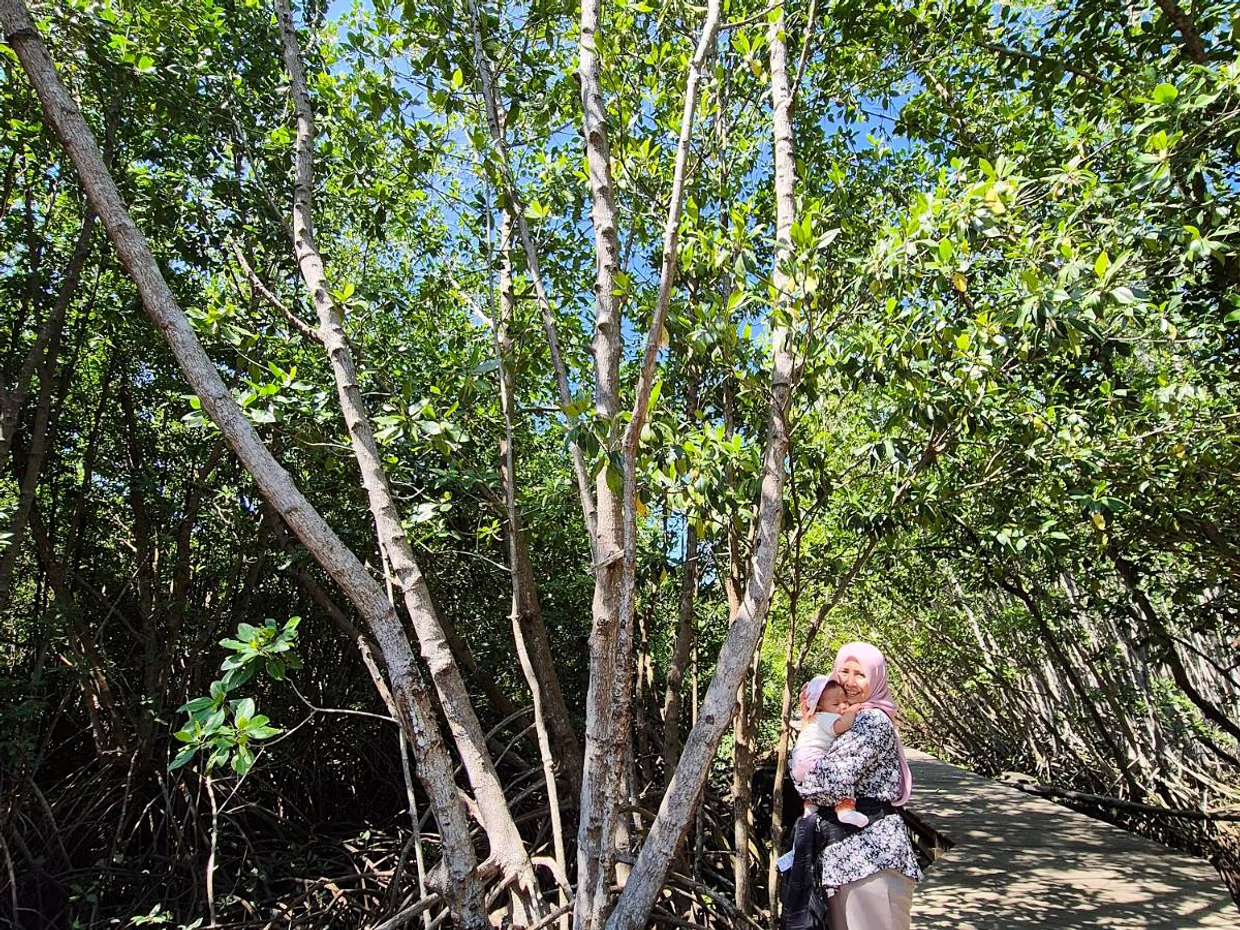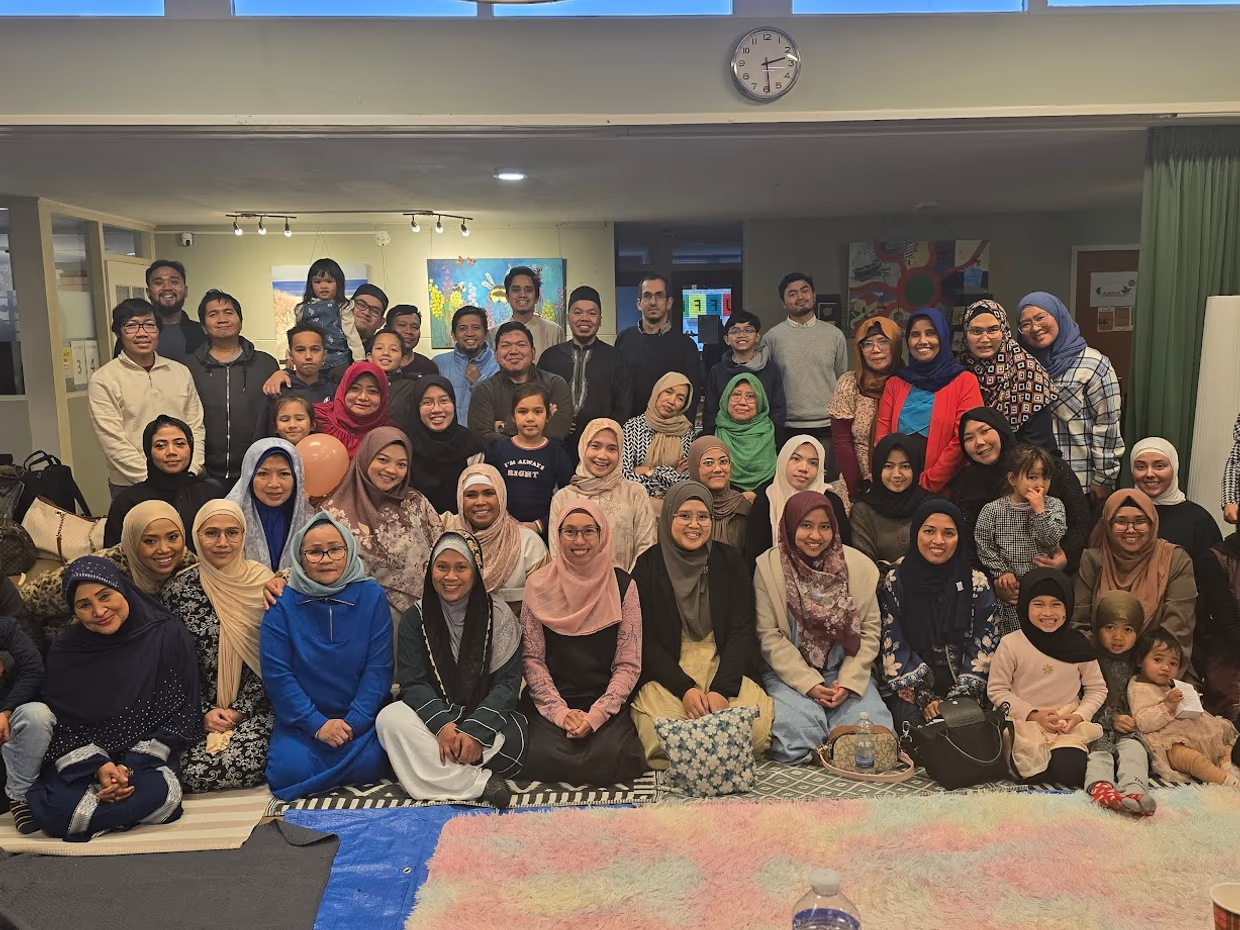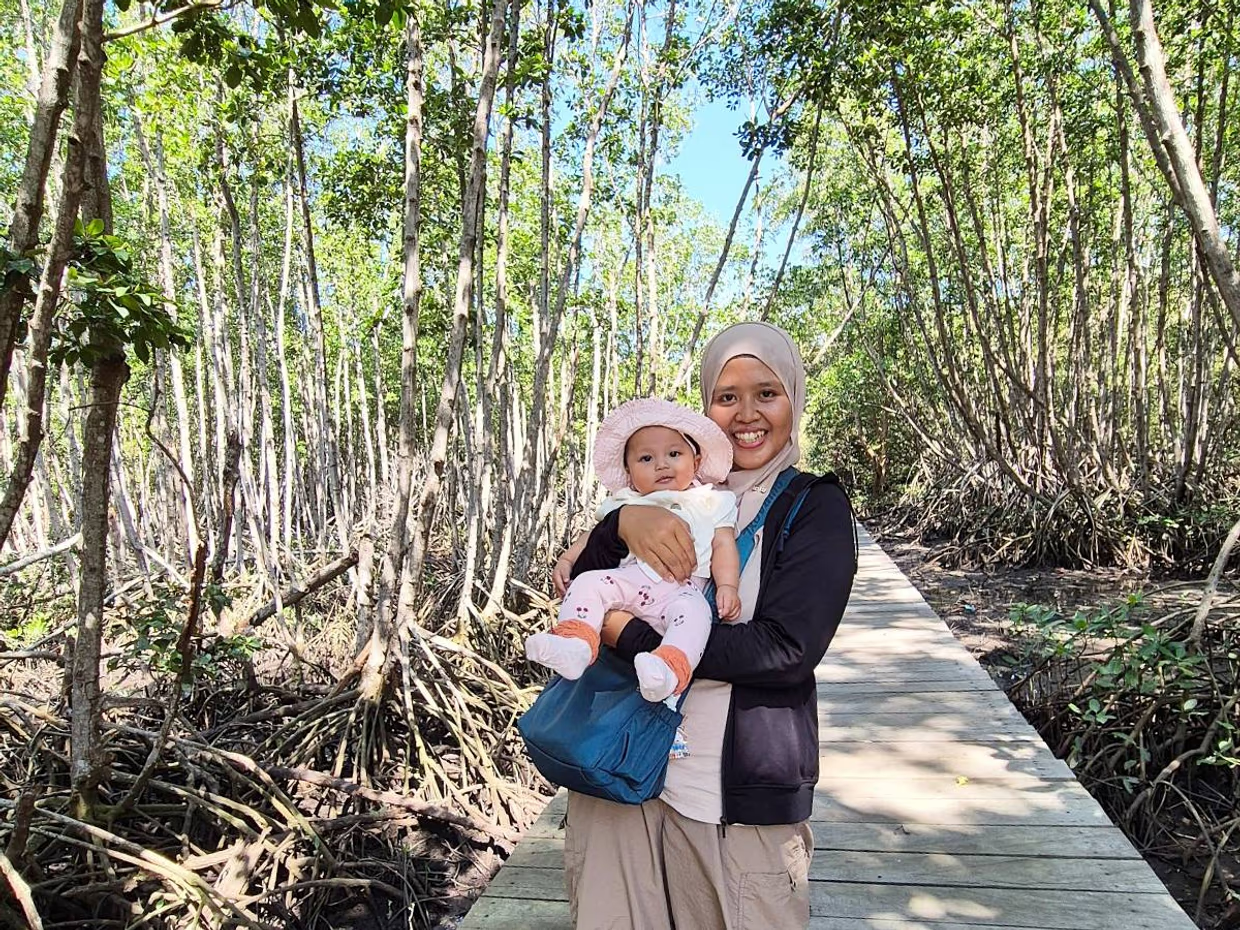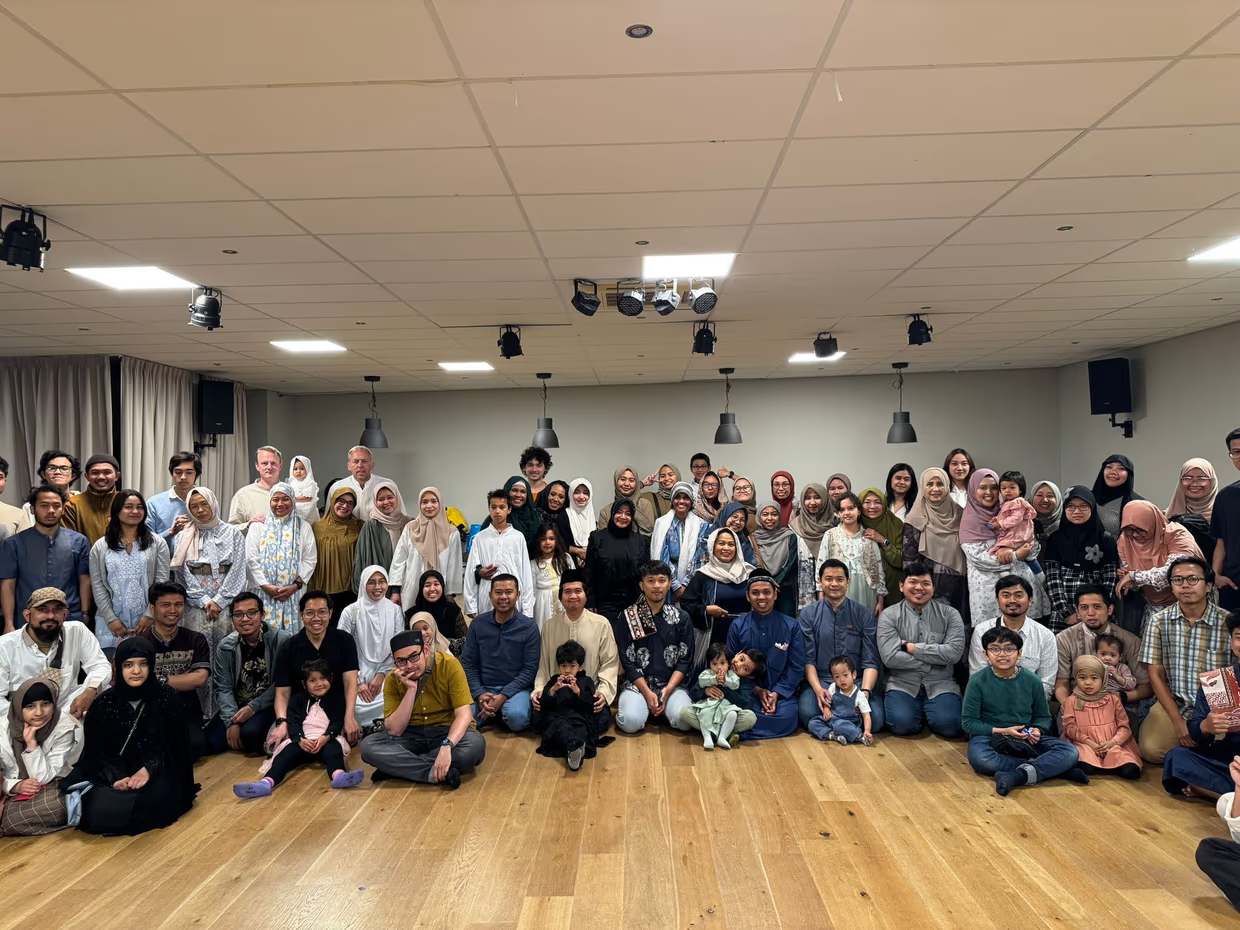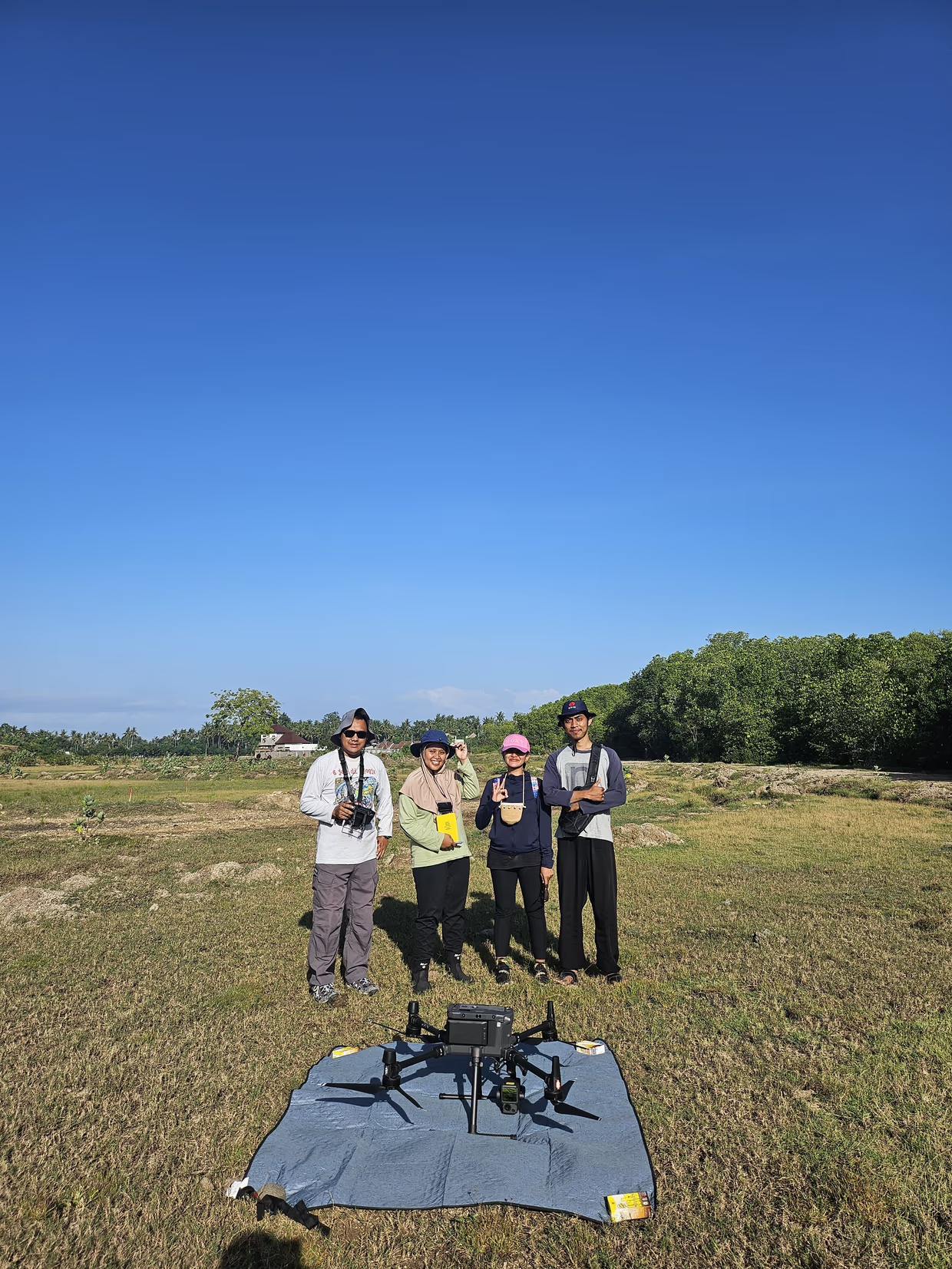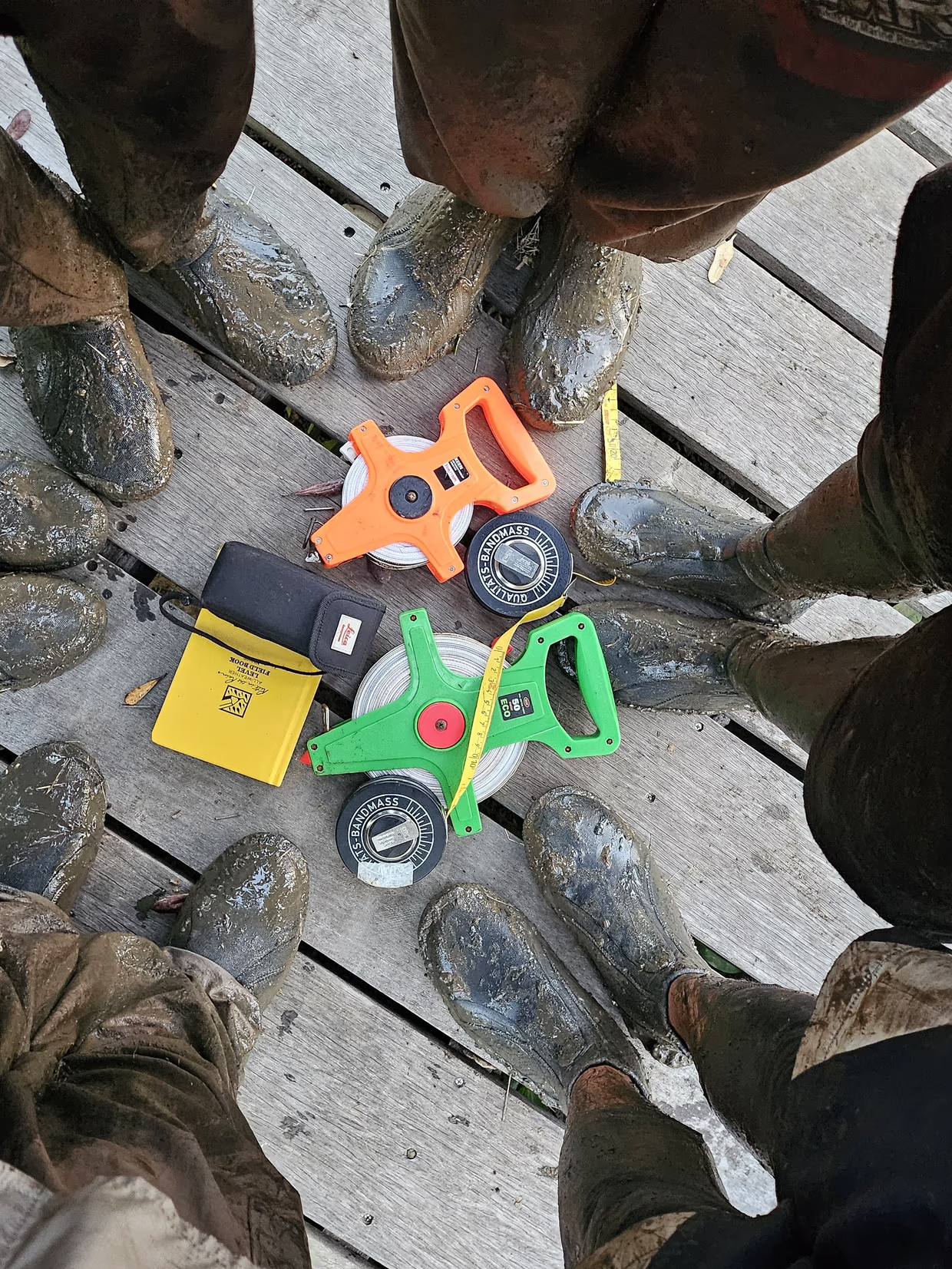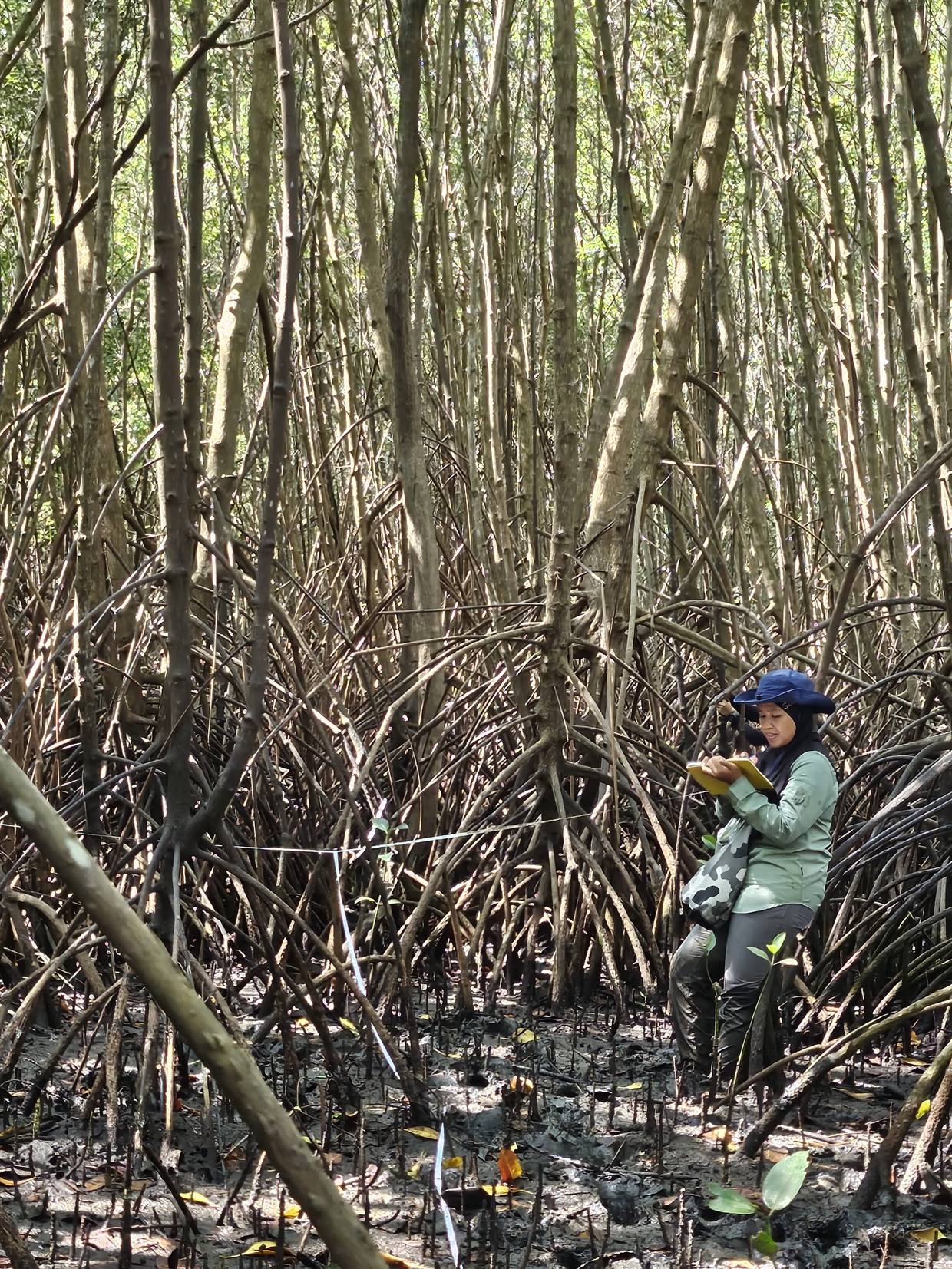Novia Arinda Pradisty, PhD candidate at the ITC Faculty of the University of Twente, has recently been awarded a prestigious grant from the Royal Academy of Arts and Sciences (KNAW) Academy Ecology Fund.
In this story, we interview her to learn more about the academic journey leading to her PhD, her research on mangrove restoration, and receiving the KNAW Academy Ecology fund.
A clear path to mangroves
Novia's journey to mangrove research began not so far from the field of marine ecosystems, "I always dreamt of working in science, but I didn’t know which field suited me," she explains. Starting with a Chemistry bachelor's degree, her path took a turn when she joined Indonesia's Ministry of Marine Affairs and Fisheries as an assistant researcher.
"After several years working in the Marine Research Lab, involved in fieldwork and different kinds of marine science studies, I decided to pursue a higher degree to gain a formal education in this subject," she reflects.
She then started an MSc degree in International Studies in Tropical Aquatic Ecology (ISATEC) at the University of Bremen, which took her to Malaysia for a semester abroad. In Malaysia, Novia worked in the Matang Mangrove Forest Reserve, the world's oldest silviculturally managed mangrove forest; "Apart from the experience I acquired with that research, it gave me inspiration on what to do next. I discovered that mangroves provide many ecosystem services that benefit the locals and even people beyond. I fell in love with the mangrove ecosystem. It's beautiful, although it's difficult to work with."
Opportunity across the border
After completing her master's degree in Germany, Novia returned to Indonesia to work as a junior researcher in Indonesia’s National Agency for Research and Innovation (BRIN). before deciding to pursue a PhD. The inspiration for her research topic, mangrove ecosystem services, had been in her mind since her time in Malaysia. "After moving to a new office, I started looking for a professor who would help me develop that research idea into a PhD project,” Novia explains.
|
|
Restored mangrove forests in Bali Province, Indonesia
“I know that at the ITC Faculty, I could find expertise in geo-information and remote sensing, with sophisticated methodologies and great facilities to support my study. There I found Professor Wieteke Willemen, expert in spatial dynamics for ecosystem services," she mentions. After finding Professor Willemen, Novia reached out directly: "I emailed her, we met several times through online platform, and developed the proposal for application of PhD scholarship to the Indonesia Endowment Fund for Education (LPDP) together with Dr. Erik Horstman. Dr. Michael Schlund joined the supervisory team after I reached the Netherlands."
Researching ecosystem services from mangrove rehabilitation programmes with remote sensing
Novia's PhD research aims to reflect the current focus on blue carbon, which is the carbon stored in coastal and marine ecosystems. “Mangrove forests are part of these blue carbon ecosystems, which are nowadays very popular. In scientific and also nonscientific realms, we have more and more people getting interested in doing the restoration," Novia explains.
The PhD project is conducted in two phases of fieldwork in Bali province, Indonesia. The first phase focused on collecting biophysical parameters related to forest structure and hydrogeomorphology in mangrove restoration sites. Along with plot-level measurements, UAV technology was also used, with LiDAR and multispectral sensors to get a more comprehensive view of the study areas.
The second phase, supported by the KNAW grant, involves creating models and maps of ecosystem services and engaging with the stakeholders. "Apart from blue carbon, fisheries are one of the main ecosystem services that mangroves can give, although aquaculture often causes land tenure conflicts in mangrove restoration, in countries like Indonesia," Novia notes.
Challenges and persistence
The application process for the KNAW Academy Ecology Fund was challenging, but after a second application, Novia’s PhD research project was awarded the grant; "When I found out that I received the grant, I felt really happy, but I also felt a stronger responsibility to do more great work on my research,” Novia confesses.
During her PhD journey, one of Novia's biggest challenges has been balancing her PhD work with being a new mother. Despite the challenges, it's achievable, as she says, "I always respect every parent who does their PhD while also caring for small children, because it's not easy. However, it is possible, with the power of teamwork! For instance, during my first fieldwork, I received much help from my Indonesian colleagues and their students, as well as from my family. I owed them my sincerest gratitude."
Next steps
Novia plans to conduct her second fieldwork in late 2025, followed by data analysis and dissertation writing. Her research aims to make a practical impact beyond academic publications. After completing her PhD, Novia plans to continue her career as a government researcher in Indonesia. As a start, research fellowship remains a potential to expand the partnership between Indonesian and international research entities.
"As advice for new PhD candidates, I would say, take every opportunity that aligns with your PhD journey, to shape your future career," Novia mentioned as we wrapped up our interview.
Every academic year, PhD candidates at the ITC Faculty pursue research that combines scientific rigor with real-world applications. Click here to learn more about PhD programmes at ITC.
More recent news
 Thu 19 Feb 2026Project SEEN‑ATLAS Receives European Funding
Thu 19 Feb 2026Project SEEN‑ATLAS Receives European Funding Wed 18 Feb 2026Master's in Geo-information Science and Earth Observation recognised as an initial Master's
Wed 18 Feb 2026Master's in Geo-information Science and Earth Observation recognised as an initial Master's Wed 18 Feb 2026Prototype 'digital twin' helps Enschede better predict groundwater
Wed 18 Feb 2026Prototype 'digital twin' helps Enschede better predict groundwater Thu 12 Feb 2026Calisto Omondi 500th PhD graduate
Thu 12 Feb 2026Calisto Omondi 500th PhD graduate Tue 10 Feb 2026IPBES report: businesses cannot survive without nature
Tue 10 Feb 2026IPBES report: businesses cannot survive without nature


